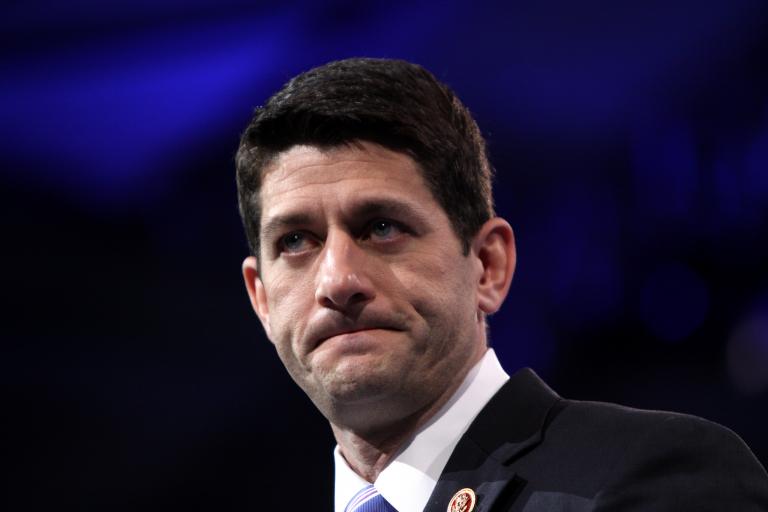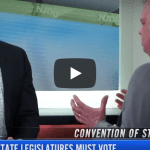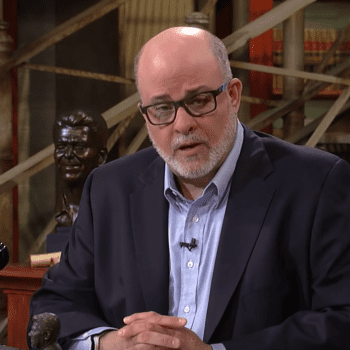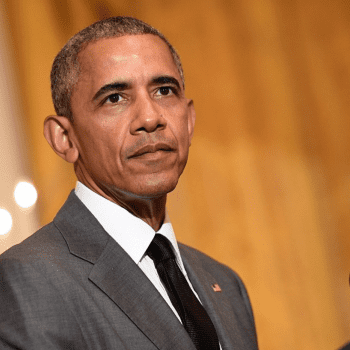
In the wake of Speaker Paul Ryan’s departure from the House, Forbes ran an article on Wednesday entitled “Paul Ryan’s Most Lasting Legacy: Permanent Trillion-Dollar Deficits.” It blames Ryan for the tax bill and the omnibus package, the combination of which the Congressional Budget Office announced will increase the deficit to over $1 trillion.
While Ryan manned the helm on both bills, Forbes’ analysis misses the much deeper, more important reason our nation’s finances are in shambles. In short, the national legislature has no constitutional obligation to spend money responsibly. The Supreme Court has misinterpreted the Constitution to allow the feds to spend money on virtually whatever they want. This means that deal-making in Washington always comes at the expense of the American taxpayer. As Sen. Rand Paul recently explained, “The right wants spending for certain things; the left wants spending for other things. They get together, give each other what they want, and stick the taxpayer with the bill.”
The solution must go far deeper than a new Speaker of the House. The solution must address the systemic problems in Washington, and the only way to do that is via a Convention of States.
An Article V Convention of States can propose constitutional amendments that overturn a century of misinterpretation by the Supreme Court and put real limits on Congress’ ability to tax and spend. These amendments can both force the feds to balance the budget and limit spending. Such requirements would compel Congress to make the tough spending decisions for the good of the American people, and save future generations from a lifetime of national debt.
WHAT’S A CONVENTION OF STATES ANYWAY?
Article V of the U.S. Constitution gives states the power to call a Convention of States to propose amendments. It takes 34 states to call the convention and 38 to ratify any amendments that are proposed. Our convention would only allow the states to discuss amendments that, “limit the power and jurisdiction of the federal government, impose fiscal restraints, and place term limits on federal officials.”
Image Credit: Paul Ryan by Gage Skidmore on FLICKR










